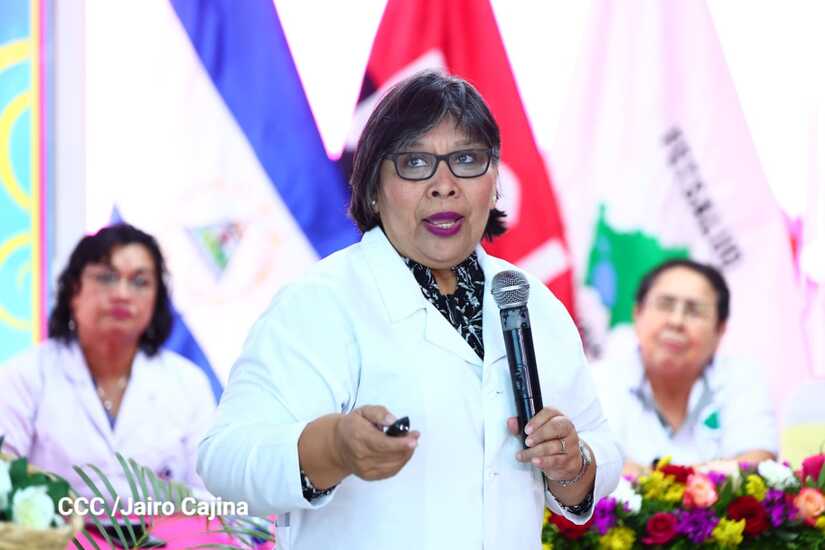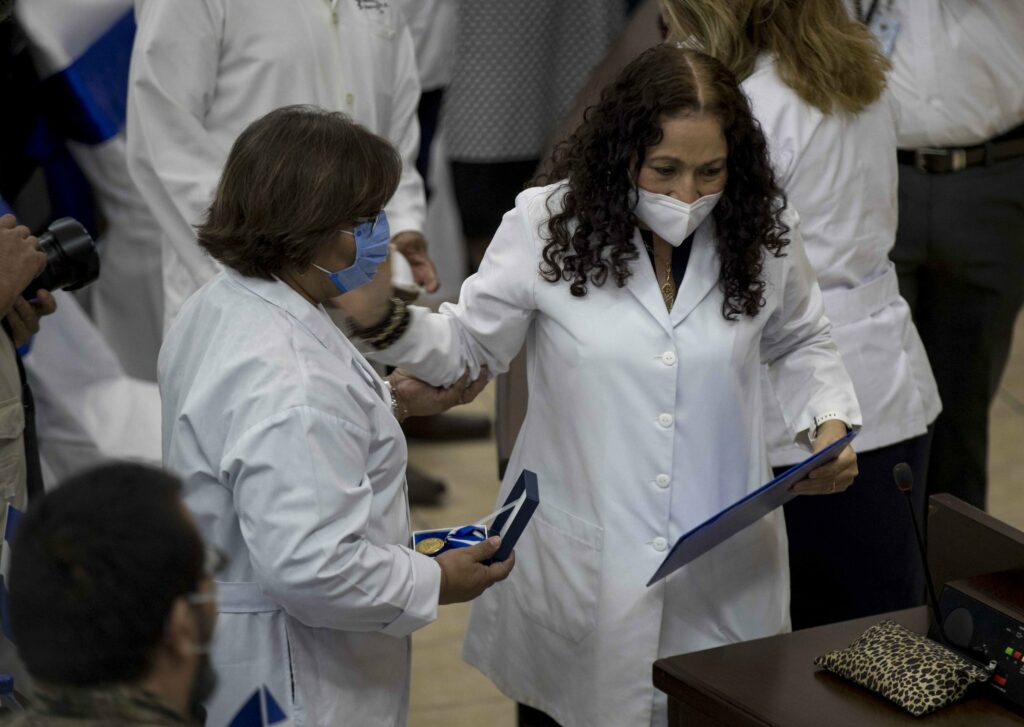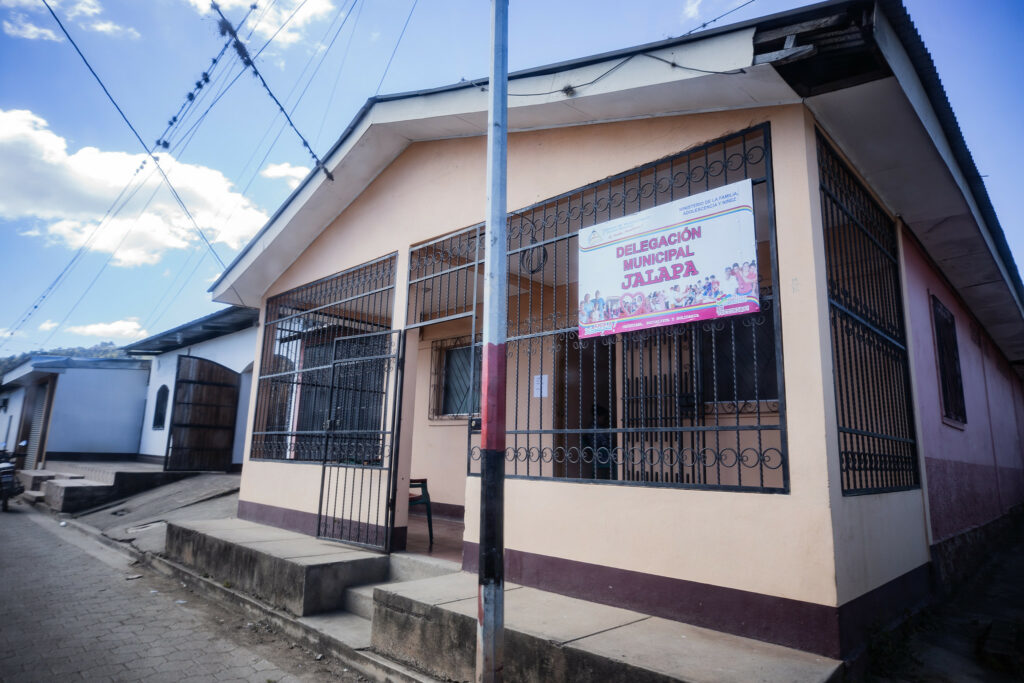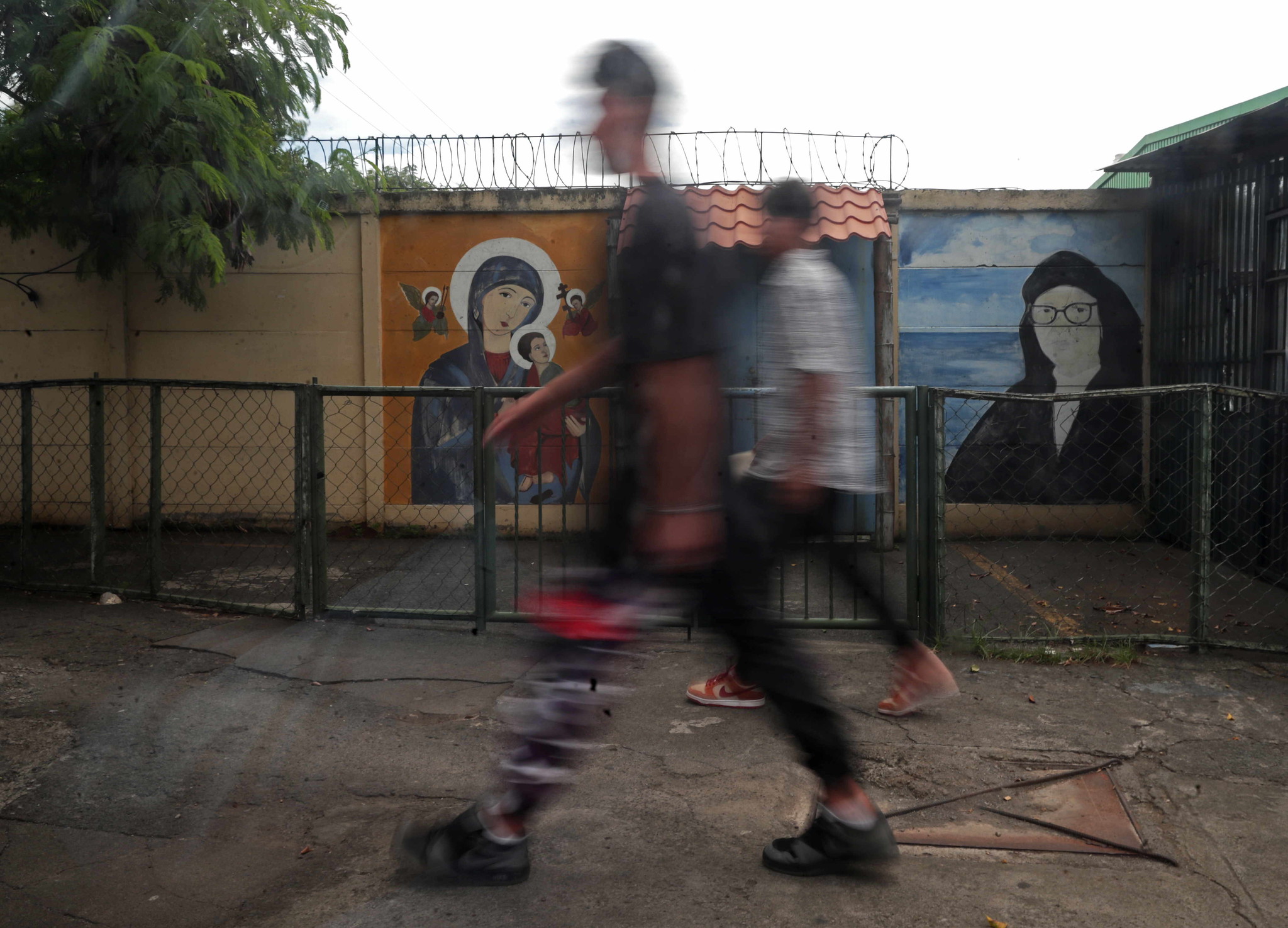The Ministry of Health (Minsa) did not place suicide among the 15 leading causes of death in 2023 in the National Health Map, despite the fact that it should be at least in 14th place, with 198 deaths, according to figures from the Institute of Legal Medicine (IML) analyzed by DIVERGENTES.
This change is misleading and is intended to prevent suicide from being seen as a national problem, warns a psychologist with experience in the care of patients with suicidal tendencies, who requested anonymity to avoid reprisals from the Ortega regime.
During the past seven years in Nicaragua, suicide has been among the leading causes of deaths, varying between positions 12 and 15 in the National Health Map.
In 2017, the year in which suicide appeared for the first time among the leading causes of death, 355 deaths were reported according to MINSA. This number was already on the rise since 2014, according to the Statistical Reports of the National Police. Since then, it continued with a variable increase, reaching 426 deaths in 2022.
This means that between 2017 and 2022 alone, at least 2178 people took their own lives in Nicaragua, according to official reports.
Nearly 200 suicides in 2023 reported by the Legal Medicine Institute

In the update of the National Health Map 2023, suicide no longer appears in the first causes of death. However, the table presented by MINSA is incorrect, since according to the number of deaths reported by the LMI, suicide should be in 14th place, with 198 deaths in 2023.
The LMI registers a much lower number than the real number of suicides in the country, since this institution only receives the cases referred by the relatives of those who committed suicide, or by the National Police for investigation, explains the mental health expert. Thus, the number of suicides committed in 2023 could be much higher.
For example, while MINSA reported 426 deaths by suicide in 2022, the LMI only reported 236 in that same year, 190 cases less than those reported in the National Health Map.
“The data that the IML has are the cases that arrive when it is suspected that it was not suicide but murder. Then the family sends for an autopsy or the police send for a forensic investigation. However, the LMI is not always called because there is a lot of stigma and the family members feel ashamed to report the suicide, or they are in shock and do the burial immediately,” the psychologist points out.
Last year, the LMI also registered 124 undetermined deaths, that is, it was not possible to determine whether the cause of these deaths was accidental, natural, homicide or suicide.
In addition to the LMI, the National Police Statistical reports were also a source of information to contrast suicide data. However, since 2021, these reports are not made public by the institution.
The Pacific is the main area reporting suicides
The headquarters of the Local Comprehensive Health Care System (SILAIS) recorded 167 suicides in 2023, with Chinandega, León, and Managua being the leading reporting departments. According to this figure, suicide should once again be among the top 15 causes of morbidity in the country.
According to the mental health expert consulted by DIVERGENTES, the omission of these data diminishes the importance of the mental health situation in the country.
“Why isn’t it registered? Simply because they are not interested in this being seen as a national problem, in which it is necessary to allocate resources to prevent suicide,” they state.
According to the psychologist, it is key to have real suicide statistics so that the Nicaraguan government can work with emphasis in the areas of the country where this cause of death is most prevalent.
“It’s important to have an approach based on the truth. With real data, more effective prevention campaigns can be held in schools and universities. Otherwise, we’ll be groping in the dark because we don’t know where the cause lies and where the problem needs to be addressed. Hiding the information distorts the problem and people don’t have clarity to respond to the issue,” they explain.
No mental health policies

Currently in Nicaragua, there are no policies focused on mental health, care for individuals with suicidal thoughts, suicide prevention, or support for family members and close friends of suicide victims. There are also no plans or campaigns on these matters by the Ministry of Health (Minsa).
“Families are devastated when a member commits suicide. There should be attention from MINSA to assist the mothers, fathers, and siblings of those who have died by suicide. They should also be part of the health standards of the State, but there is no support on this issue. There is no staff visiting families who are mourning due to suicide,” they express.
The only effort regarding suicide prevention by the Ortega-Murillo regime is the booklet “Preventing Depression and Suicide (Promoting Mental Health)”, a material that is part of multiple booklets published by the regime since 2022 on different topics.
This booklet presents more propagandistic than educational content, and its focus is on individual and family responsibility for mental health, rather than on the services and instances that the State must guarantee.
Only in the last point of the booklet, it is recommended that people go to the Psychosocial Care Centers (CAPS), of which there are 17 throughout the country, according to MINSA. This material is insufficient for the magnitude of the suicide problem that the country shows, says the psychologist.
“A structured policy on suicide prevention is lacking. A booklet is not enough. Today’s youth don’t use paper, they use digital platforms, even on the cheapest phone that has access to TikTok, that’s what the kids are looking for. And this is not due to lack of resources, because the State has the money to implement an effective policy and campaign, it’s due to lack of willingness,” they point out.
The rest of the topics addressed by MINSA on mental health only refer to addictions.
Budget allocated to mental health is unknown
According to the mental health expert, CAPS is one of the health centers abandoned by MINSA and one of those that receive the least budget for the creation of programs and plans.
According to MINSA, CAPS are providers of mental health services. However, their main area of work is in the dependence on alcoholic and narcotic substances, more than the entire spectrum of mental health.
“CAPS are support units for First-Level Care teams, as well as reference for the treatment of dependencies on any type of addictive substance, within the local comprehensive health care system (SILAIS). They constitute the primary resource for healthcare for drug dependencies and other addictive disorders within the public sub-system,” states MINSA’s Normative 089.
In 2023, 21% of the General Budget of the Republic (PGR) was allocated to health, according to the Ministry of Finance and Public Credit. That is, 22,075,000 million córdobas. However, the Budget does not specify how much of this money was allocated for CAPS.
Meanwhile, in the Capital Expenditure Detail of Projects of MINSA’s expenses report, none of the CAPS or the Doctor José Dolores Fletes Psychosocial Hospital appear within the budget allocations for the past year.
The last time the Ortega-Murillo regime made information about the budget invested in the mental health of the Nicaraguan population public was in 2015 during the XXXIX Central American and Caribbean Congress of Psychiatry. It was revealed that only 0.8% of the entire health budget was allocated to mental health care, which amounted to 15 córdobas per inhabitant, according to that year’s budget.
“The Psychosocial Hospital has always been like MINSA’s Cinderella, it’s the last. This is not recent, it’s been happening for 40 years. The mental health structures within MINSA and the Pan American Health Organization in Nicaragua have never given it the importance it deserves. You won’t find statistics from the Psychosocial Hospital, you’ll only see news about celebrating the Virgin’s Day and that the ‘loonies’ pray to the virgin,” says the psychologist.
Closure of organizations has reduced psychosocial care spaces

The closure of non-profit organizations has also impacted the mental health situation in Nicaragua, as many of them provided psychosocial care for free or at low cost, says the expert.
These organizations also worked in partnership with schools, universities, and other educational centers, both public and private, since the main people who commit suicide are teenagers or young adults. However, since the annihilation of civil society organizations, all those agreements have ended.
“Before 2018, there was a certain openness from some universities and public and private schools for NGOs to come and conduct prevention campaigns and talks. Now everything is closed,” they say.
“Two years ago, I asked the principal of a large school in Managua about this. He told me that no, the Ministry of Education only authorizes some talks of this type to district education personnel. If it’s not ordered by the district, no one can come,” they add.
The problem with this situation is that many times the MINED personnel who give these talks are not trained in mental health, and on the contrary, they reproduce myths and stigmas around this topic and suicide.
“They have a lot of prejudice. They say ‘it’s better not to talk about the subject because the kids will commit suicide’. That thought is part of the myths of suicide. We must talk about suicide to discuss prevention and raise awareness among parents,” they explain.
According to the psychologist, without a public policy focused on mental health that works at an inter-institutional level, suicide statistics will not decrease in the country. “Hiding the figures won’t help much either,” they conclude.





